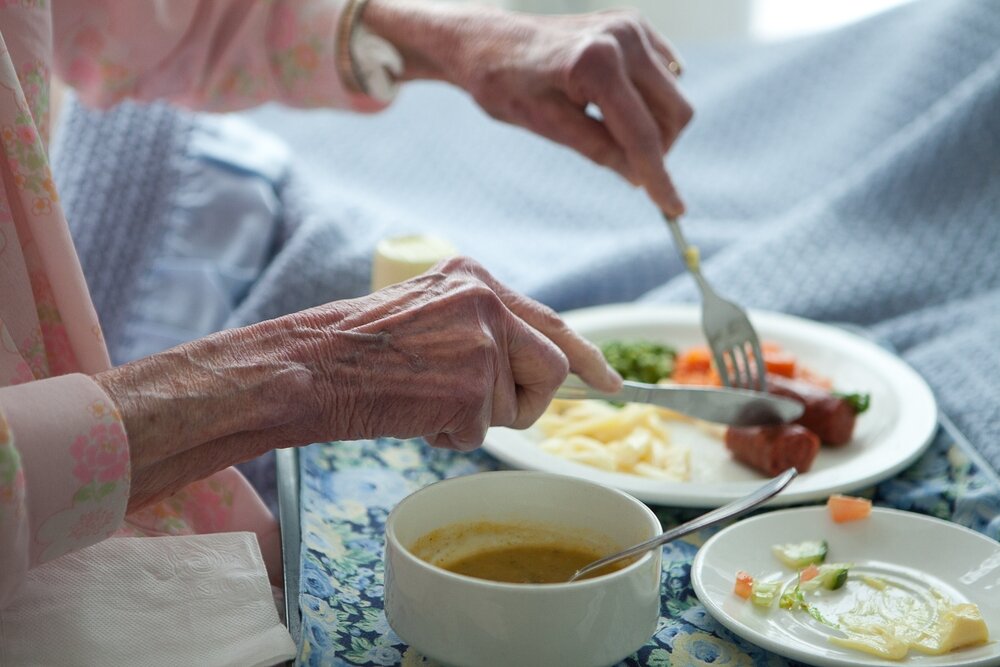Warning over ‘worrying’ decline of Meals on Wheels services
The chair of the National Association of Care Catering (NACC) has raised the alarm about the future of Meals on Wheels sevices after a report revealed a “significant and worrying” decline in availability.
Neel Radia said it would be “short-sighted” of the government not to offer extra funding to the initiative which supported “the most vulnerable in our communities”.
The number of councils offering Meals on Wheels services dropped from 66% in 2014 to just 29% in 2023, according to a report from the Association of Public Sector Excellence (APSE).
On average, less than one in five (18%) councils now provide the service in England, compared to just under one in three (29%) across the UK.
The average cost of a meal for a Meals on Wheels customer in England has increased from £4.40 to £5.57 over the past five years, compared to a jump from £3.60 to £4.82 across the UK.
Meals on Wheels supports older and disabled people to lead independent lives through the provision of at least one hot meal every day. The scheme also helps to tackle loneliness by offering wellbeing checks and regular contact from carers.
It was originally founded as part of the Women’s Voluntary Service during the Second World War, who provided meals for elderly people who were left homeless during the Blitz.
As Meals on Wheels is not a statutory requirement, no public funding has been ringfenced for the continuation of the scheme. Councils are therefore able to remove the service if they wish to save money.
The NACC and organisations including Age UK and Care England have urged the government to provide ministerial guidance and funding to local councils to safeguard the provision of Meals on Wheels across the UK.
They have also written to MPs asking them to consider making Meals on Wheels a statutory responsibility.
“With the NHS in long-term crisis it is obtuse to add to the public health burden by cutting an ill-health prevention and support service, that is of itself a cost-effective way of supporting older people,” said Radia.
“The answer is to give councils the direct funding to support Meals on Wheels and ensure the service has a long-term future.”
The report, which was commissioned by the NACC, showed that the largest declines in Meals on Wheels services over the past five years were seen in London (-29%), the East of England (-27%) and the East Midlands (-25%).
The report concluded: “With further public sector budgetary pressures on the horizon, and councils therefore reviewing the services they provide, there needs to be a greater recognition from government and council leaders of the positive impact that this vital service affords through access to nutritious meals and well-being checks delivered to the door of those living independently in our communities.”
A government spokesman said: “We want people to stay healthy and independent for as long as possible.
“Councils are responsible for managing their own finances and we expect them to prioritise the most vulnerable. We have provided them with access to an additional £2 billion in additional grant funding for social care through the settlement for 2023/2024.”
Image: Shutterstock















